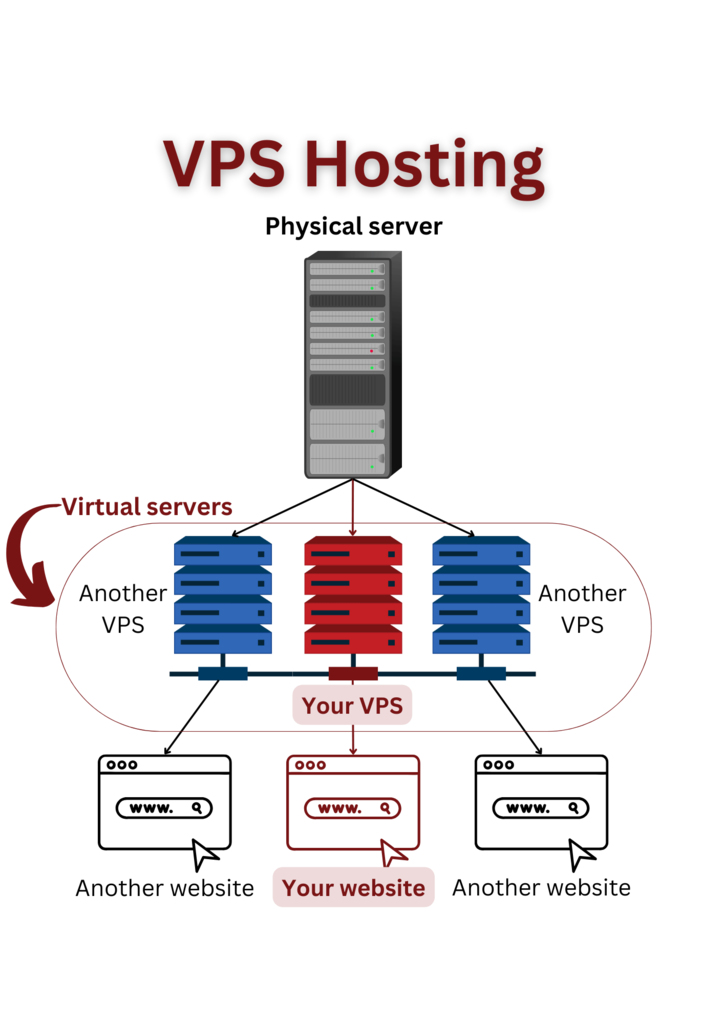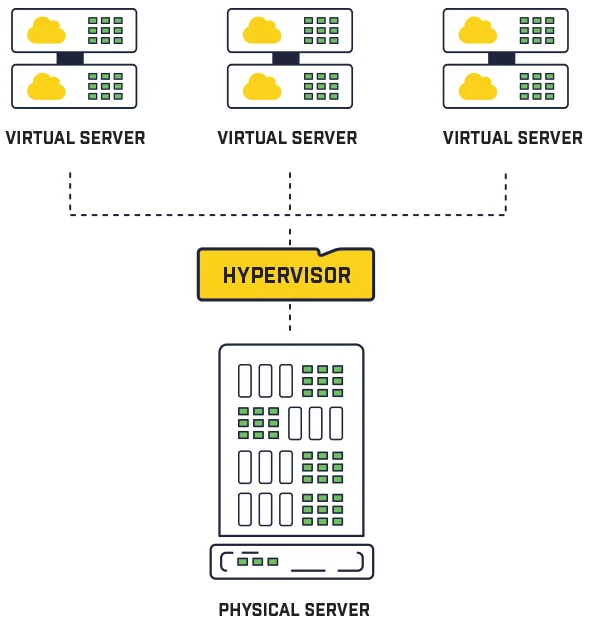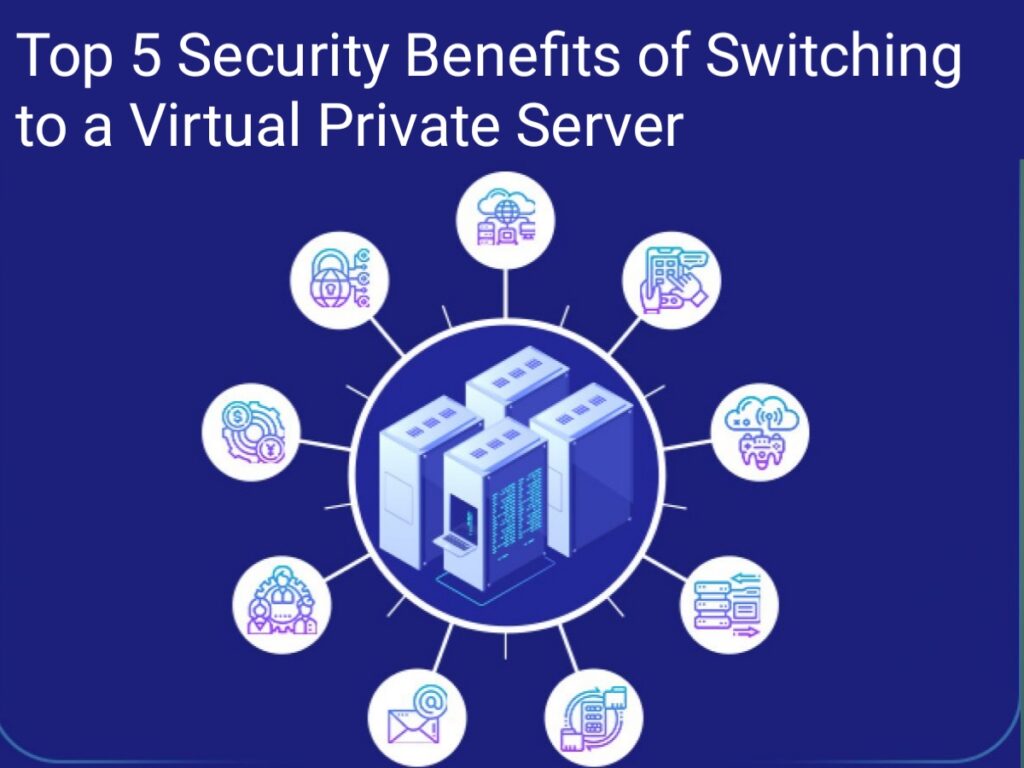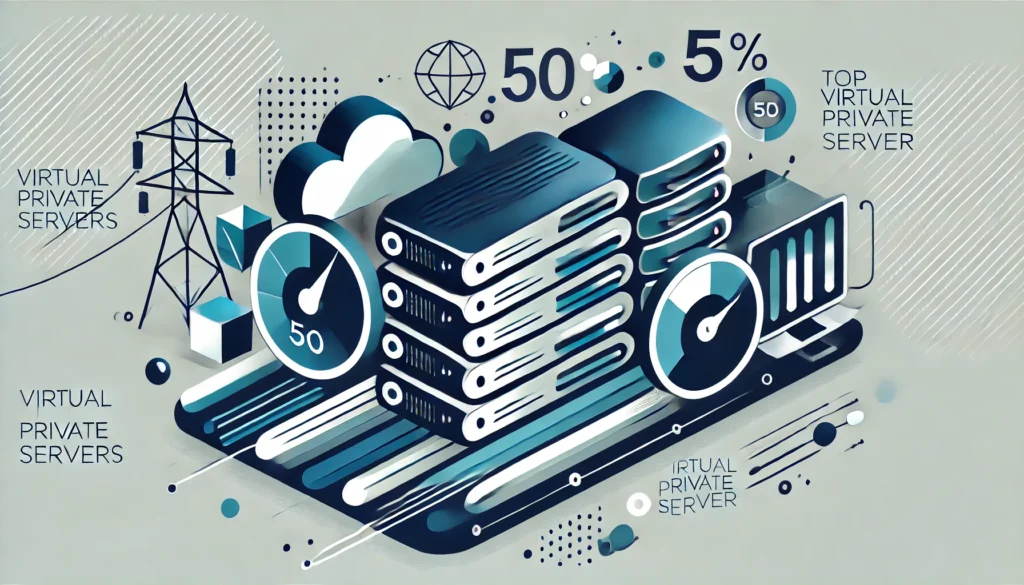When choosing web hosting solutions, a Virtual Private Server (VPS) is increasingly becoming the preferred choice for businesses and individuals. Boasting remarkable advantages, particularly in the realm of security, VPS hosting adds an extra layer of protection for your digital assets. In this article, we’ll explore five top security benefits that come with switching to a VPS.
1. Enhanced Isolation from Other Users
 Photo by Jakub Zerdzicki
Photo by Jakub Zerdzicki
Virtual Private Servers provide an isolated environment, which means your data is distinctively separated from other users. This isolation ensures that potential breaches or vulnerabilities affecting another user on the same server won’t compromise your data. Unlike shared hosting environments, the risk of cross-contamination is significantly reduced.
Table of Contents
2. Advanced Security Configurations

With a VPS, you gain more control over your server settings and security configurations. You can install custom firewalls and security software to tailor the security to match your specific needs. This flexibility allows you to implement advanced security measures like firewalls and antivirus software that may not be available in shared hosting environments.
3. Regular Security Updates

Utilizing a VPS means regular software updates can be conducted without affecting other users. This guarantees that your server is always running the latest security patches, keeping vulnerabilities at bay. Managed VPS services often include automated updates ensuring that your system is continually fortified against known threats.
4. Improved Monitoring and Backup Solutions

A VPS allows for enhanced monitoring and backup capabilities. With the ability to deploy routine backups and real-time monitoring tools, users can quickly identify and respond to potential security threats before they become serious issues. These features provide peace of mind knowing that recovery options are always available in case of unexpected failures.
5. Dedicated Resources for Better Security

With a VPS, you receive dedicated resources including CPU, RAM, and storage, which enhances your website’s performance and security. Since your resources aren’t shared with others, there’s less risk of server slowdowns that could lead to security vulnerabilities. Site performance is a key factor in maintaining robust security measures, and VPS hosting ensures that your site can handle increased traffic without compromising safety.
Conclusion
Switching to a Virtual Private Server offers numerous security benefits that can enhance your online presence. From enhanced isolation and advanced configurations to regular updates and dedicated resources, VPS hosting creates a secure foundation for your website’s operations. It’s a worthwhile investment for those seeking an elevated level of protection and control over their hosting environment.
You may like these:
How to Choose the Fastest Web Hosting for WordPress site
Top 5 Reasons to Choose Shared Web Hosting for Your Website
Why SSL and Unlimited Bandwidth are Crucial for Web Hosting
Web Hosting for eCommerce Sites: A Comprehensive Guide for 2024
FAQ: Why Switch to a Virtual Private Server? Top 5 Security Benefits
1. How does a VPS improve data privacy?
A VPS provides isolated resources, ensuring that your data stays separate from other users on the same physical server. This isolation reduces the risk of data breaches caused by external intrusions or neighboring accounts.
2. Can a VPS prevent DDoS attacks more effectively?
Yes, VPS hosting often includes DDoS protection tools as standard. By allocating resources dedicated to your server, a VPS can handle sudden traffic spikes and malicious attacks more effectively than shared hosting.
3. Is a Virtual Private Server (VPS) more secure than shared hosting?
Definitely. With VPS, you get more control over your environment, including the ability to configure firewalls and security settings. Shared hosting doesn’t offer the same level of customization, leaving your data more vulnerable.
4. How does a VPS enhance control over security settings?
A VPS allows root access, letting you modify security configurations according to your needs. This flexibility helps in implementing customized security practices tailored to specific risks your applications might face.
5. What role does a VPS play in backup and recovery?
VPS hosting often includes automated backup solutions, providing reliable data recovery options in case of failure. This proactive measure ensures that your data is retrievable even after an unforeseen incident.
6. What is a VPS and how does it enhance security?
A Virtual Private Server (VPS) provides a dedicated server environment on a shared physical server. It offers better security than shared hosting by isolating your resources, reducing the risk of vulnerabilities from other users’ activities.
7. How does a VPS prevent unauthorized access?
VPS comes with advanced security features like firewalls, SSH access, and controlled permissions. You can customize these settings to restrict access, ensuring only authorized users can reach sensitive data and operations.
8. Why is data protection better on a VPS?
With a VPS, you control your backups and data encryption. This lets you implement more rigorous data protection measures, tailored to your specific requirements, safeguarding your information from breaches.
9. Does a VPS offer protection against DDoS attacks?
Many VPS providers offer built-in DDoS protection. This helps mitigate the impact of Distributed Denial of Service attacks, maintaining server availability and protecting your website from downtime and traffic overload.
10. How does a VPS support compliance with security regulations?
VPS hosting supports compliance by allowing you to implement necessary security protocols like encryption, data logging, and access controls, which are essential for adhering to regulations such as GDPR and HIPAA.




